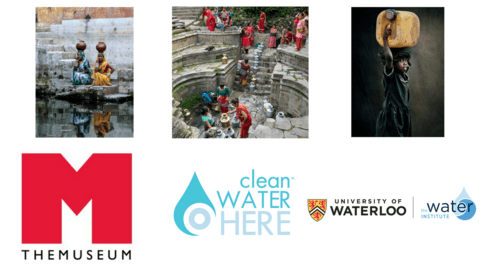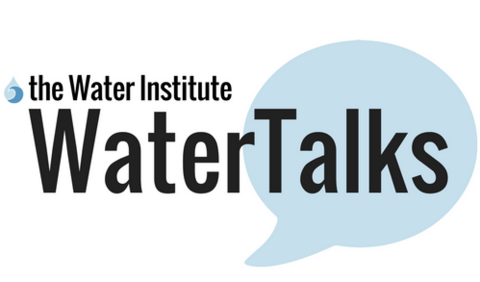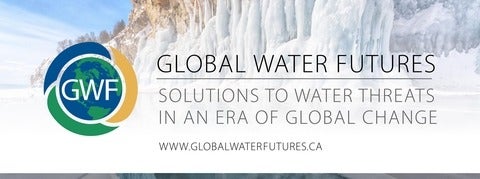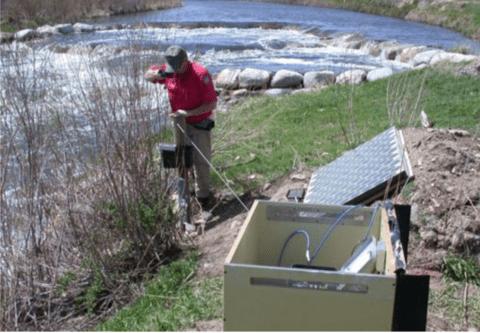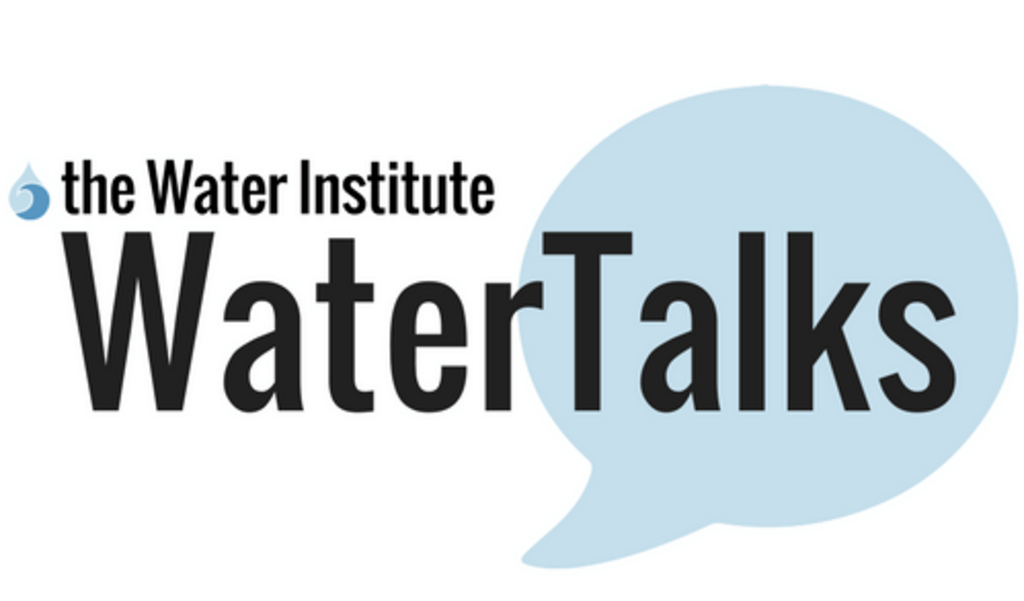Events
Filter by:
Clean Water Here: Photography exhibit at THEMUSEUM
A global photography exhibit created by Clean Water Here and 1x.com, and in partnership with the University of Waterloo’s Water Institute, is coming to THEMUSEUM in Kitchener this spring.
Pressure Pipe Lining Systems, Trenchless Technology Roadshow 2018
This workshop will present various types of watermain lining systems to address hydraulic, water quality and structural issues. The industry’s leading experts will discuss strategies to develop highly cost-effective renovation programs for water distribution system. Recent advancements in watermain renovation using polyurea lining systems will be presented. The workshop emphasis will be on the planning, process, design, and QA/QC to ensure successful completion of renovation projects using cured-in-place pipe (CIPP) system.
What lies beneath: Internal waves in the nearshore coastal environment
As part of the Water Institute's WaterTalks lecture series, Ryan Walter, assistant professor in the Physics Department at California Polytechnic State University, presents, "What lies beneath: Internal waves in the nearshore coastal environment."
University of Waterloo Global Water Futures meeting
The University of Waterloo will host a Global Water Futures (GWF) meeting on campus on Friday, May 25, 2018. The purpose of this meeting is to introduce GWF projects to the Waterloo community and provide an opportunity for networking. The second half of the meeting will consist of a workshop for graduate students to provide tools to help them better communicate their research.
If you're interested in attending, please email Allie Dusome at the Water Institute (adusome@uwaterloo.ca)
Meeting agenda
|
Time |
Principles of Hydrologic Modelling - short course
This course addresses the development of computational models of watershed hydrology in support of water resources management and scientific investigation. The full model development and application cycle is considered: pre-processing, understanding, and generating input forcing data; system discretization and algorithms for simulating hydrologic processes; parameter estimation; and interpreting model output in the context of often significant system uncertainty.
Global Water Futures Open Science Meeting
This will be the first annual general meeting of the Global Water Futures (GWF) program. Plenaries, project reporting, posters, student events, breakout sessions, and other important GWF initiatives will take place during this time.
The primary purpose of the GWF inaugural Annual Science Meeting is to provide an opportunity for all GWF researchers and affiliated highly-qualified personnel to gather and share their scientific findings and other relevant activities and outcomes with GWF community and users/stakeholders.
Design, construction and operation of PIT tag monitoring systems workshop
The Department of Civil and Environmental Engineering is hosting a workshop led by Warren Leach, Oregon RFID, on Radio Frequency Identification Transponders for tracking studies in rivers.
 Topics covered
Topics covered

RFID for fish and wildlife tracking
LabEx COTE International Summer School - 2018
"Interactions between ecosystems and rural–urban fringes"
Bordeaux, France, June 11 - 15, 2018
The Summer School is part of the COTE Cluster of Excellence training program and gathers PhD students in environmental sciences, each specialized in different disciplines such as ecology, chemistry, biology and even sociology. Through talks, field trips and roundtables with international experts on integrative ecology, the program will provide a comprehensive and multidisciplinary approach on the interactions between ecosystems and rural-urban fringes.
Decoding the secrets of carbon preservation in peatlands along a boreal to tropical gradient from Minnesota to Peru
As part of the Water Institute's WaterTalks lecture series, Curtis Richardson, professor of Resource Ecology and Director of the Duke University Wetland Center, presents, "Decoding the Secrets of Carbon Preservation in Peatlands along a Boreal to Tropical Gradient from Minnesota to Peru."

